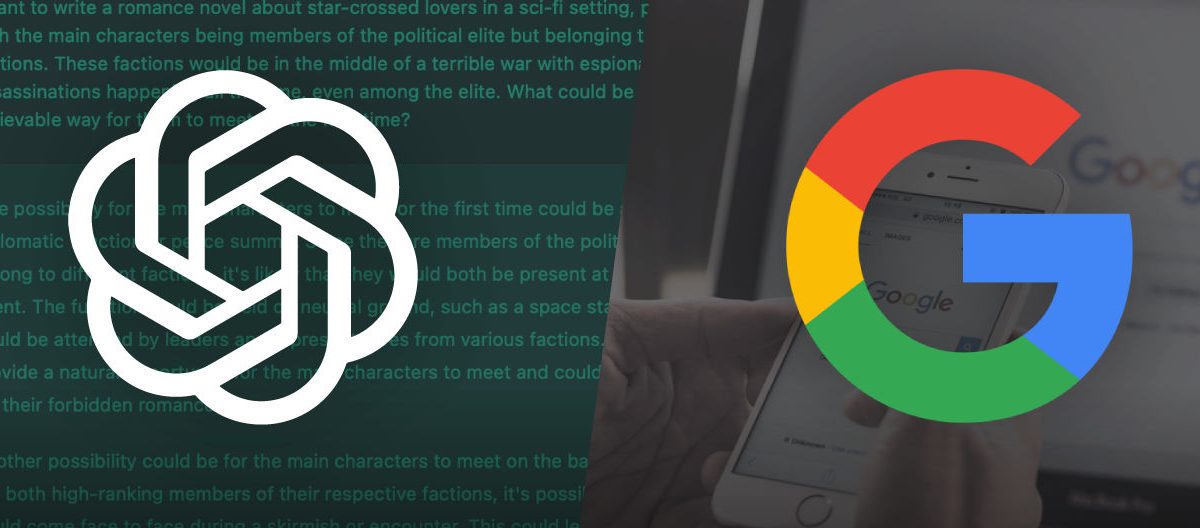OpenAI has taken a significant step in its competition with search engine giants like Google, Microsoft’s Bing, and others by launching a new search feature within its popular ChatGPT chatbot.
This move, announced on Thursday, positions the San Francisco-based AI startup to directly challenge Google’s longstanding dominance in online search.
The new feature, dubbed “ChatGPT search,” allows users to access up-to-date information on various topics, including sports scores, stock prices, news, and weather, through real-time web searches.
This functionality, powered by partnerships with various news and data providers, was beta-tested starting in July, and it aims to provide a richer user experience by summarizing findings from multiple sources, including news sites.
My favourite feature on ChatGPT: Altman
One of the standout features of ChatGPT search is its ability to allow users to ask follow-up questions, much like traditional search engines.
Users can also manually initiate a web search by clicking a dedicated icon.
Varun Shetty, OpenAI’s head of media partnerships, stated that the search functionality “improves relevancy and decreases hallucinations,” offering more accurate and reliable answers to user queries.
OpenAI CEO Sam Altman called it his favourite feature on ChatGPT. “I find it to be a way faster/easier way to get the information I’m looking for,” Altman added on Reddit.
OpenAI has indicated plans to enhance the search function further, with future updates expected to improve features related to shopping and travel while also introducing voice capabilities.
Google responding with gusto
Since the launch of ChatGPT in November 2022, Alphabet Inc. has been under increasing pressure from investors concerned about the potential for OpenAI to capture a significant portion of the search market.
Shares of Alphabet were down about 1% following the news of ChatGPT’s latest launch.
However, Google has stepped up its efforts to integrate AI into its search capabilities to tackle OpenAI’s challenge.
Google launched AI Overviews in May this year. The feature prominently displays AI-generated answers at the top of search results to retain user engagement.
In June, Google launched Gemini Live, its own AI-powered chatbot that enables users to engage in voice conversations on their smartphones.
With the generative AI market projected to be worth $1.3 trillion by 2032 Google is investing heavily in advancing its technologies.
Latest earnings allay concerns of AI investments not paying off
Google’s commitment to AI is evident, with its cloud computing division reporting a better-than-expected performance in Q3, alleviating investor fears that the company might be losing its competitive edge.
The company reported impressive cloud revenue of $11.35 billion, marking a nearly 35% increase from $8.41 billion a year earlier with the growth being attributed to its artificial intelligence offerings, which include subscription services for enterprise customers.
Google’s search business, which remains the largest contributor to the company’s revenue growth, too, generated $49.4 billion in revenue, which was higher by 12.3% from a year ago.
This reflects users still heavily rely on Google search despite newer offerings from OpenAI.
During an earnings call earlier this week, CEO of Google and Alphabet Sundar Pichai shared that AI Overviews has started rolling out to more than a hundred new countries and territories and will now reach more than 1 billion users on a monthly basis.
He noted that users are increasingly asking longer and more complex questions, leading to higher overall search usage and user satisfaction.
Pichai also highlighted that Google has managed to reduce the cost of producing AI answers for search queries by over 90% in just 18 months.
This has been achieved through advancements in hardware and engineering, enabling the company to deliver efficient and effective AI solutions.
Looking ahead: An evolving landscape
As competition in the AI search space intensifies, Google is emphasizing user engagement.
Pichai noted that the increasing complexity of users’ queries has led to a rise in overall search usage and satisfaction.
The excitement surrounding these developments suggests that both OpenAI and Google are committed to pushing the boundaries of what AI can achieve in the search domain.
While OpenAI’s ChatGPT search feature poses a real challenge to Google, the tech giant’s rapid adaptations and innovations indicate it is far from conceding its market dominance.
The forthcoming months will likely see both companies continue to enhance their AI offerings, leading to an increasingly competitive landscape.
The post As ChatGPT’s new search feature intensifies rivalry, here’s how Google is holding its ground appeared first on Invezz

